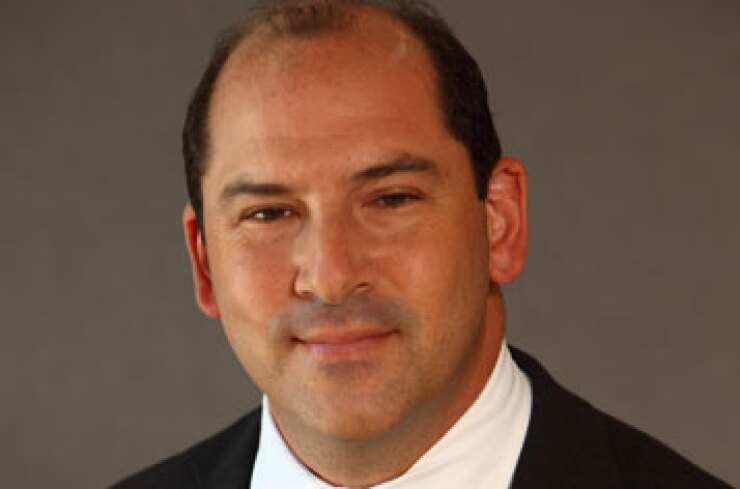
WASHINGTON — The Securities and Exchange Commission has approved the Municipal Securities Rulemaking Board's proposal to require muni dealers to seek the most favorable price possible when executing transactions for most investors.
The SEC approved the MSRB proposal on Friday after having received it form the board in August. The new amendments to MSRB Rule G-18 on execution of transactions, which carries a one-year implementation period, generally would require dealers to use "reasonable diligence" to determine the best market for a security and then buy or sell the security in that market so the resulting price to the customer "is as favorable as possible under prevailing market conditions."
To meet their due diligence obligations, dealers would have to take into account a list of factors, including the character of the market for the security, the size and type of transaction, the number of markets checked, the information reviewed to determine the current market for the subject security or similar securities, the accessibility of quotations, and the terms and conditions of the customer's inquiry or order.
The adoption of a best execution standard was among the recommendations in the SEC's 2012 Report on the Municipal Securities Market, but some dealers were initially uncomfortable with the term. The Securities Industry and Financial Markets Association suggested an "execution with diligence" standard that the MSRB reviewed but declined to adopt.
Some market participants questioned the necessity of a best ex rule, because some dealers are already bound by fair dealing and fair pricing standards.
Muni dealers also expressed concern that sophisticated municipal market professionals, to whom they will not owe any new responsibility under the best execution rule, would have to provide a new affirmation stating that they are SMMPs and that they do not need or want the rule's protection. SMMPs are institutional investors or individuals with assets of at least $50 million.
Firms have said getting new affirmations will be burdensome and problematic for their automatic systems. David Cohen, managing director and associate general counsel at SIFMA, said Monday that his group supports best-ex but remains concerned about the SMMP issue.
"SIFMA welcomes the SEC's approval of the muni best execution rule," Cohen said. "Raising the execution standard for retail investors in the municipal market has been a priority of SIFMA's. However, we are concerned about the impact new SMMP affirmation requirements will have on liquidity. This may need to be evaluated over time." In its approval order, the commission said the approach will be beneficial for the market.
"The commission believes that the proposed rule change will protect investors by helping to ensure that the exemption for dealers from the best-execution obligation for transactions with SMMPs (as well as the reduced dealer obligations related to time-of-trade disclosure and pricing) will apply only to transactions with SMMPs," the SEC said.
Furthermore, while some commenters opposed certain aspects of the rule change, none pointed out any ways in which the proposal would be inconsistent with the federal securities laws, the SEC noted.





